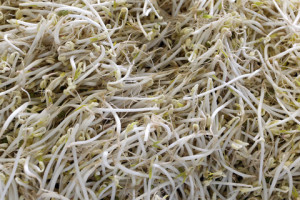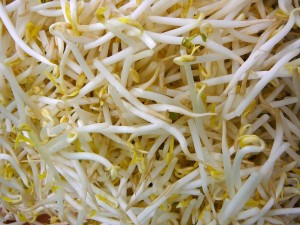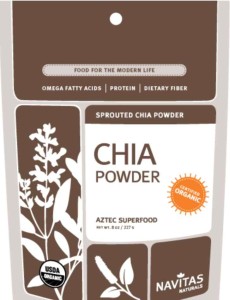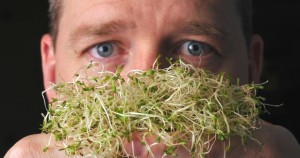In 2011, one of the world’s largest outbreaks of hemolytic-uremic syndrome (HUS) occurred, caused by a rare Escherichia coli serotype, O104:H4, that shared the virulence profiles of Shiga toxin-producing E. coli (STEC)/enterohemorrhagic E. coli (EHEC) and enteroaggregative E. coli (EAEC).
 The persistence and fitness factors of the highly virulent EHEC/EAEC O104:H4 strain, grown either in food or in vitro, were compared with those of E. coli O157 outbreak-associated strains.
The persistence and fitness factors of the highly virulent EHEC/EAEC O104:H4 strain, grown either in food or in vitro, were compared with those of E. coli O157 outbreak-associated strains.
The log reduction rates of the different EHEC strains during the maturation of fermented sausages were not significantly different. Both the O157:NM and O104:H4 serotypes could be shown by qualitative enrichment to be present after 60 days of sausage storage. Moreover, the EHEC/EAEC O104:H4 strain appeared to be more viable than E. coli O157:H7 under conditions of decreased pH and in the presence of sodium nitrite. Analysis of specific EHEC strains in experiments with an EHEC inoculation cocktail showed a dominance of EHEC/EAEC O104:H4, which could be isolated from fermented sausages for 60 days. Inhibitory activities of EHEC/EAEC O104:H4 toward several E. coli strains, including serotype O157 strains, could be determined. Our study suggests that EHEC/EAEC O104:H4 is well adapted to the multiple adverse conditions occurring in fermented raw sausages. Therefore, it is strongly recommended that STEC strain cocktails composed of several serotypes, instead of E. coli O157:H7 alone, be used in food risk assessments.
The enhanced persistence of EHEC/EAEC O104:H4 as a result of its robustness, as well as the production of bacteriocins, may account for its extraordinary virulence potential.
 IMPORTANCE In 2011, a severe outbreak caused by an EHEC/EAEC serovar O104:H4 strain led to many HUS sequelae. In this study, the persistence of the O104:H4 strain was compared with those of other outbreak-relevant STEC strains under conditions of fermented raw sausage production. Both O157:NM and O104:H4 strains could survive longer during the production of fermented sausages than E. coli O157:H7 strains. E. coli O104:H4 was also shown to be well adapted to the multiple adverse conditions encountered in fermented sausages, and the secretion of a bacteriocin may explain the competitive advantage of this strain in an EHEC strain cocktail.
IMPORTANCE In 2011, a severe outbreak caused by an EHEC/EAEC serovar O104:H4 strain led to many HUS sequelae. In this study, the persistence of the O104:H4 strain was compared with those of other outbreak-relevant STEC strains under conditions of fermented raw sausage production. Both O157:NM and O104:H4 strains could survive longer during the production of fermented sausages than E. coli O157:H7 strains. E. coli O104:H4 was also shown to be well adapted to the multiple adverse conditions encountered in fermented sausages, and the secretion of a bacteriocin may explain the competitive advantage of this strain in an EHEC strain cocktail.
Consequently, this study strongly suggests that enhanced survival and persistence, and the presumptive production of a bacteriocin, may explain the increased virulence of the O104:H4 outbreak strain. Furthermore, this strain appears to be capable of surviving in a meat product, suggesting that meat should not be excluded as a source of potential E. coli O104:H4 infection.
Fitness of Enterohemorrhagic Escherichia coli (EHEC)/Enteroaggregative E. coli O104:H4 in comparison to that of EHEC O157: Survival studies in food and in vitro
Applied and Environmental Microbiology; November 2016 vol. 82 no. 21 6326-6334
Christina Böhnlein, Jan Kabisch, Diana Meske, Charles M. A. P. Franz and Rohtraud Pichner









